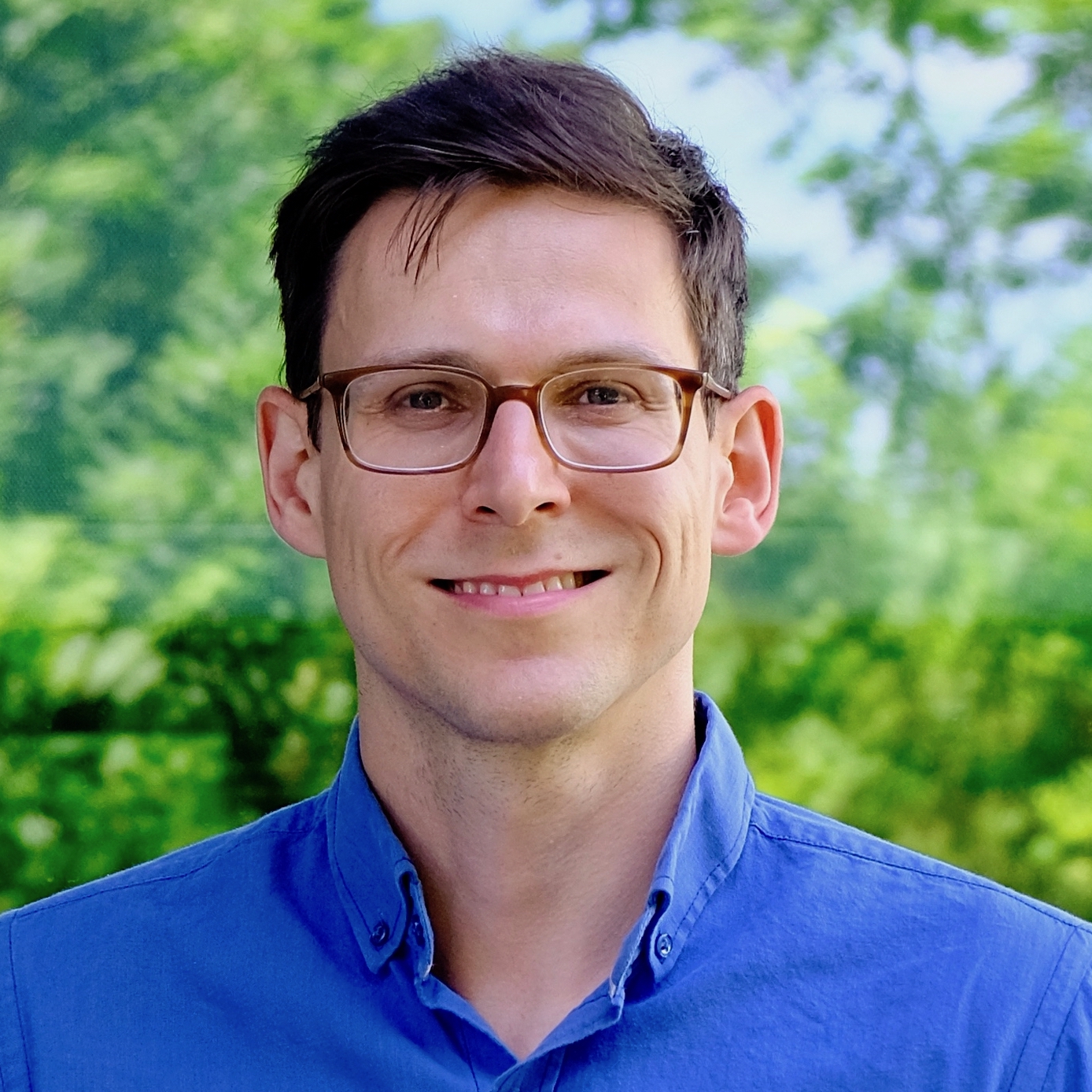Restoring expressive communication with an intracortical brain-computer interface
25th September 2025
Timing : 1 pm ET
Please use this zoom link for joining the webinar
For a list of all talks at the NanoBio seminar Series Fall'25, see here
Dr. Sergey Stavisky
Sergey Stavisky received his Sc.B. in Neuroscience from Brown University in 2008, after which he worked as a research engineer for two years. He completed his PhD in neurosciences at Stanford University in 2016, where he studied the motor cortex’s role in the sensorimotor control of reaching and developed brain-computer interfaces in a preclinical monkey model in the lab of Prof. Krishna Shenoy. His postdoctoral training was in the Stanford Neural Prosthetics Translational Laboratory, mentored by Profs. Jaimie Henderson and Shenoy. There he built BCIs to restore the ability of clinical trial participants with paralysis to control a robotic arm and started to study the single neuron correlates of speech. In 2021 Sergey started his independent lab in the Department of Neurological Surgery at the University of California, Davis. His group is currently focused on understanding and restoring speech and language production and bringing next-generation neural interfaces to human use.
Sergey’s recognitions include the Regeneron Prize for Creative Innovation, the NIH Director's New Innovator Award, Searle Scholar s Program, the inaugural MIND Prize, 1st place in the International Annual BCI Award in 2023 and 2019, the Sean M. Healey International Prize for Innovation in ALS, the International BCI Society Early Career Award, and he recently became a McKnight Scholar.
Sergey Stavisky received his Sc.B. in Neuroscience from Brown University in 2008, after which he worked as a research engineer for two years. He completed his PhD in neurosciences at Stanford University in 2016, where he studied the motor cortex’s role in the sensorimotor control of reaching and developed brain-computer interfaces in a preclinical monkey model in the lab of Prof. Krishna Shenoy. His postdoctoral training was in the Stanford Neural Prosthetics Translational Laboratory, mentored by Profs. Jaimie Henderson and Shenoy. There he built BCIs to restore the ability of clinical trial participants with paralysis to control a robotic arm and started to study the single neuron correlates of speech. In 2021 Sergey started his independent lab in the Department of Neurological Surgery at the University of California, Davis. His group is currently focused on understanding and restoring speech and language production and bringing next-generation neural interfaces to human use.
Sergey’s recognitions include the Regeneron Prize for Creative Innovation, the NIH Director's New Innovator Award, Searle Scholar s Program, the inaugural MIND Prize, 1st place in the International Annual BCI Award in 2023 and 2019, the Sean M. Healey International Prize for Innovation in ALS, the International BCI Society Early Career Award, and he recently became a McKnight Scholar.
